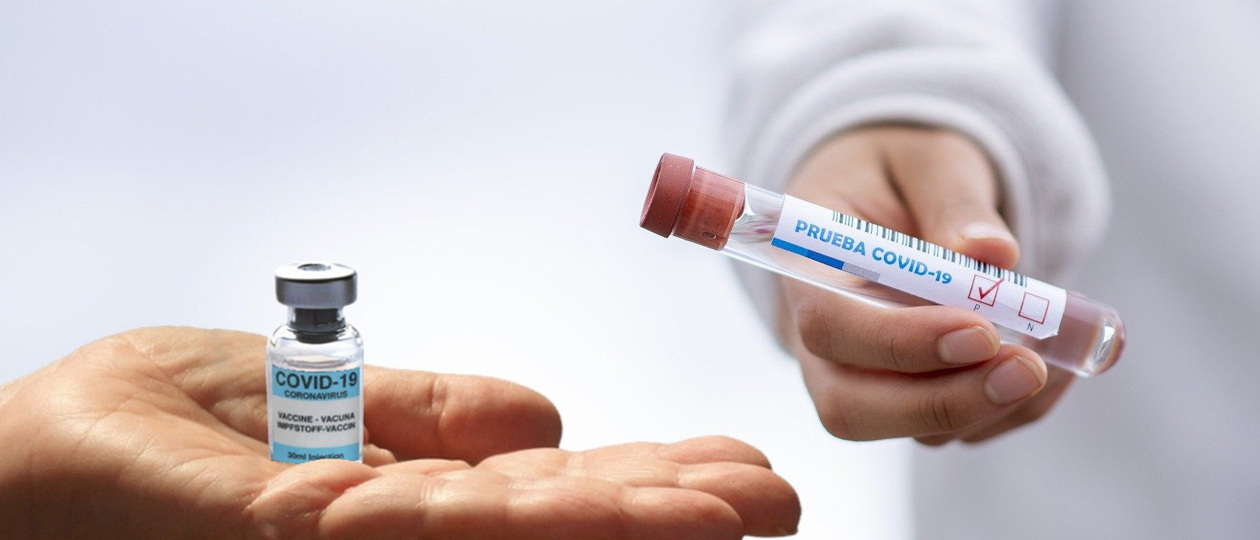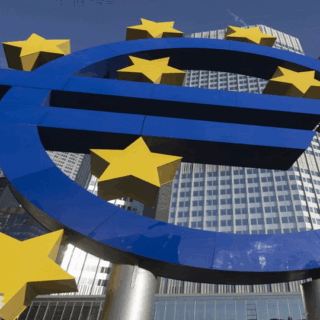
Tokyo-based VLP Therapeutics Japan announced on October 18 that it plans to begin the final phase of clinical trials in the spring of 2022 and reach mainstream use by the end.
The principle of the new vaccine is to use a new replicon technology [a replicon is a piece of DNA capable of autonomous double replication in cells]. The technology uses self-replicating messenger RNA [self-replicating mRNA]. This ensures the effectiveness of the drug at very low doses – from 0.1 to 0.01 of the dosage of the vaccine Pfizer, Moderna and others.
The new drug has the ability to multiply, that is, “self-replicate in the cells of the body for a limited period of time”, which allows you to get an immune response even after taking a small dose. Only 1/10 – 1/100 dose of the mRNA vaccine known so far is sufficient to protect the body from infection and its dangerous consequences. The first phase of the study is carried out on a group of 45 adult patients under the age of 65 years.
If successful, the company promises that many more people will be able to get vaccinated than with the same amount of vaccines currently available.
The new vaccine, due to the potential for dose reduction, will also reduce adverse reactions for recipients, the company said.
Startup CEO Wataru Akahata (赤 畑 渉, Akahata Wataru) founded the company in June last year. Previously, he was involved in vaccine research and development at the U.S. National Institutes of Health and other institutions and other institutions. Work on the replicon vaccine began in the United States, but the study was carried out by a group of scientists in Japan.
Six Japanese organizations are involved in the development of the vaccine, including Oita University (大分 大学), Osaka City University (大阪 市立 大学) and the National Center for Global Health and Medicine (国立 国際 医療 研究 セ ン タ ー 病院). Fujifilm will be responsible for producing up to 50 million doses of the drug annually.
The final phase of clinical trials will take place after the analysis of the intermediate results. The company also plans to launch the first phase of a separate clinical trial of a vaccine for people over 65 this spring.
This summer, the Ministry of Health announced that the venture capital firm was receiving ¥14.3 billion ($125 million) subsidies to increase its own manufacturing capacity.
“If new infectious diseases develop in the future, the developed basic technology of self-replication will allow us to quickly respond to a new threat,” said Wataru Akahata.






2 comments
黑岛玲衣
19.03.2022 at 12:44
Good day! I just wish to give you a huge thumbs up for your excellent information you have got here on this post. I am coming back to your blog for more soon.
Mark
07.09.2022 at 00:02
Thanks for your blog, nice to read. Do not stop.